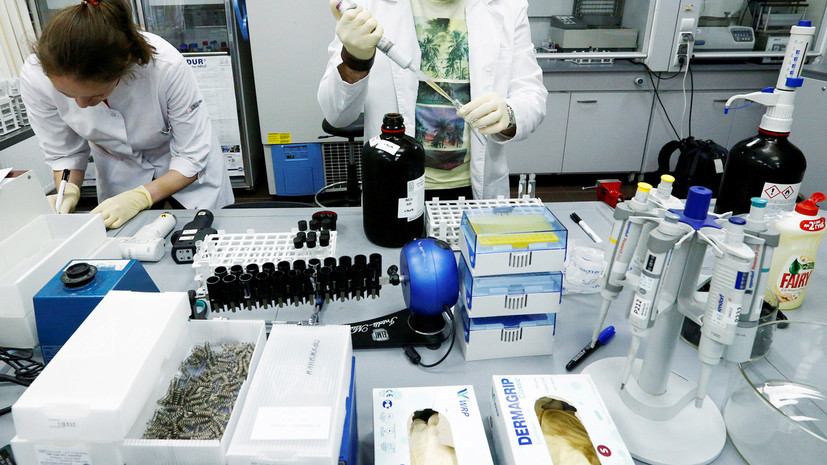In the case of manipulating the database of the Moscow anti-doping laboratory, new details have been revealed. According to the Investigative Committee of Russia, there was evidence that the former head of the anti-doping center (ADC) Grigory Rodchenkov really made changes to it. Moreover, this was done already after his resignation from the post of director and departure to the United States.
This was reported in a statement by the official representative of the IC of Russia Svetlana Petrenko, published on the website of the department. It says that in January and April 2019, the Russian side handed over to the World Anti-Doping Agency (WADA) specialists copies of electronic files of the Moscow anti-doping laboratory, as well as over 5,000 biological samples of athletes for further research.
It is noted that the investigation established both the authenticity of these files and the absence of distortions of the original file structure. It is noted that similar conclusions were made according to the results of testing conducted by Russian specialists.
However, it was also noted that the base was remotely accessed from 2015 to 2016 - after Rodchenkov resigned from the post of director of the laboratory.
“The facts of the remote visit by the former leadership of the anti-doping center ... of the LIMS electronic database containing information on the results of the doping test study from IP addresses registered and located in the USA and the FRG were confirmed,” Petrenko said, noting that WADA representatives were informed about this in January.
According to her, due to the continuous functioning of the Moscow anti-doping laboratory, the access of employees to data on servers and instrument computers could not be limited.
“All the evidence obtained by the investigation indicates the intentional introduction by Rodchenkov and unidentified persons of changes to the electronic database in order to distort the parameters and indicators of doping samples of Russian athletes,” Petrenko said in a statement.
In addition, the UK noted that, in the framework of cooperation, Rodchenkov transferred to WADA "some alternative copy" of the laboratory database archive, but it is not possible to compare it with the original. According to Petrenko, foreign partners not only refuse to provide this information, but also do not allow the interrogation of the ex-director of the anti-doping center. However, even the conference call option is not considered.
“The investigation is interested in close cooperation with foreign competent authorities and international sports organizations, including on the issue of sharing the results of a study of the laboratory’s electronic archive to establish the truth in the case,” Petrenko concluded.
Thus, the Investigative Committee announced the availability of evidence that could refute WADA's allegations against RUSADA. If confirmed, such information could be crucial in this case and cause the World Anti-Doping Agency to reconsider the country's verdict.
At the moment, Russia is suspended from international tournaments for four years, which could potentially deprive a number of athletes of the chance to compete at the 2020 Summer Olympics in Tokyo, but also at the Winter Games in 2022 in Beijing. Domestic athletes will be deprived of the opportunity to compete under their national flag and will be able to rely on an application exclusively in neutral status.
At the same time, the term for the removal of Russian athletes can be increased by an indefinite period. The reason is RUSADA’s decision to defend its position in the legal field. The agency may sue the Court of Arbitration for Sport in Lausanne, but in this case the disqualification will be counted from the moment the CAS verdict is issued. If the lawsuit drags on, athletes run the risk of missing the 2024 Olympic Games in Paris.
The Supervisory Board of RUSADA has already expressed the opinion that this case should be considered in court. According to its chairman, Alexander Ivlev, the body will present a recommendation to the general meeting of the agency’s members, after which a letter of disagreement from the general director Yuri Ganus will be submitted to WADA. According to him, this process can take from 10 to 15 days.
Recall that on December 9, WADA decided to recognize RUSADA as inappropriate to the organization’s code and to exclude Russian athletes from participating in international competitions for a period of four years. The Russian side has the right to appeal this verdict within 21 days.

